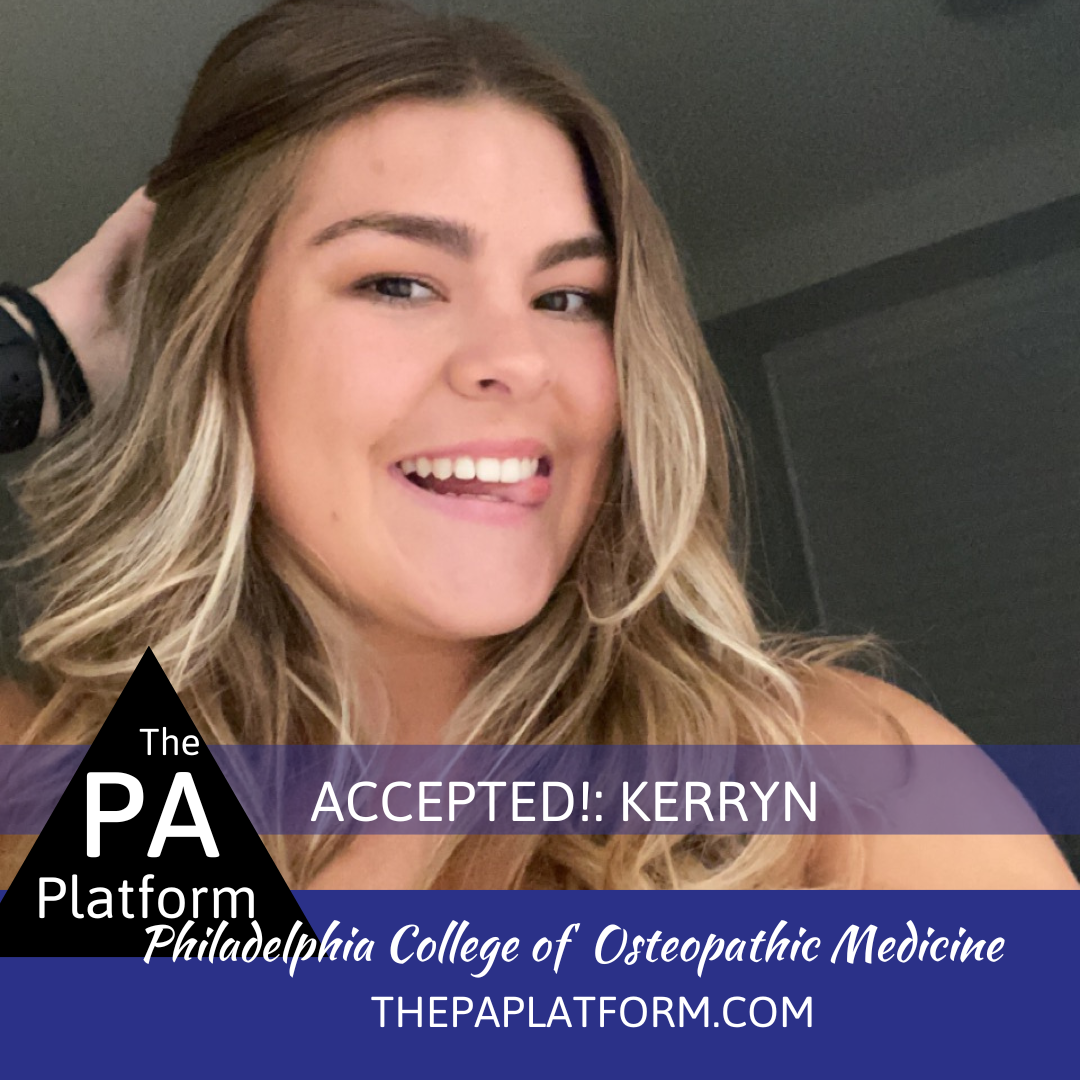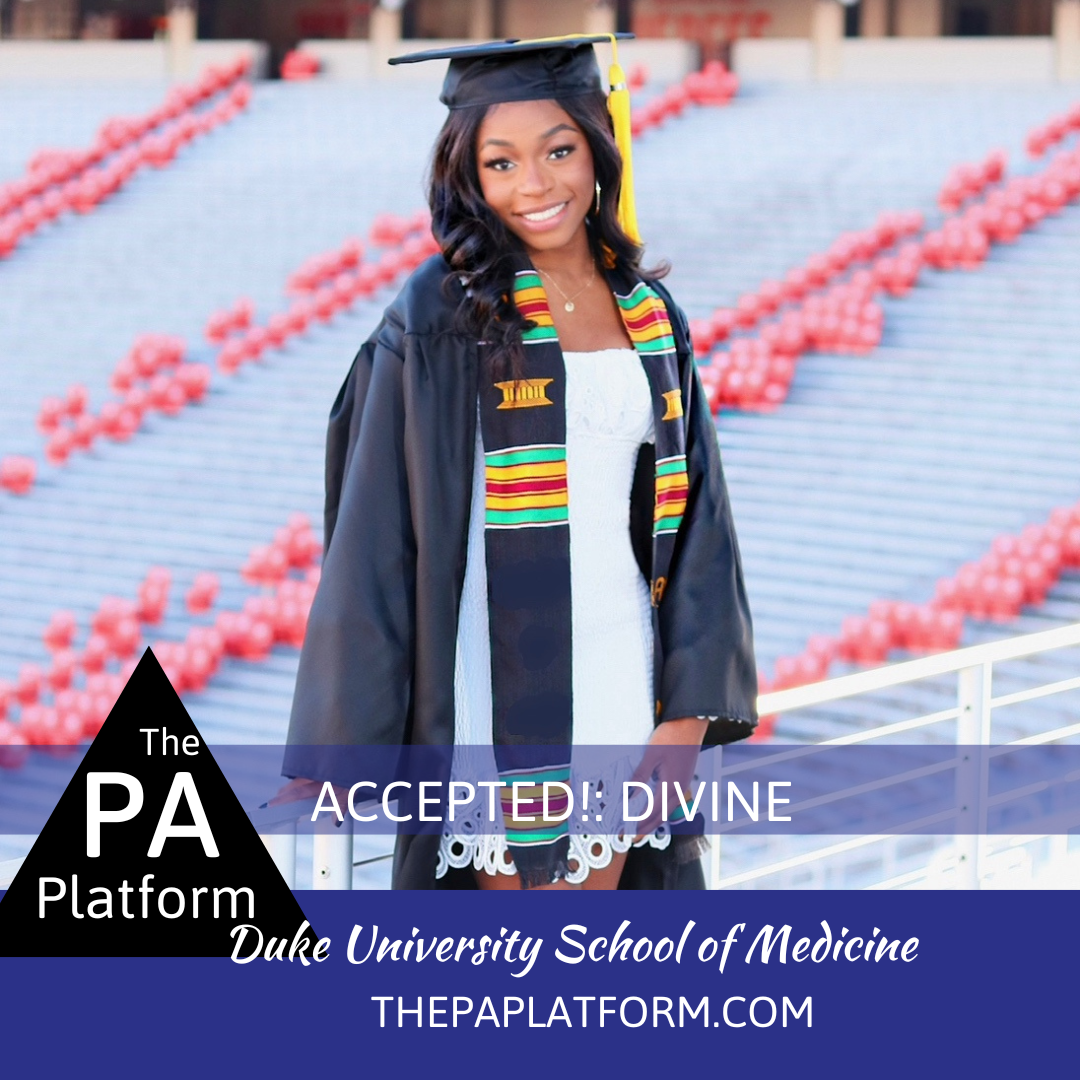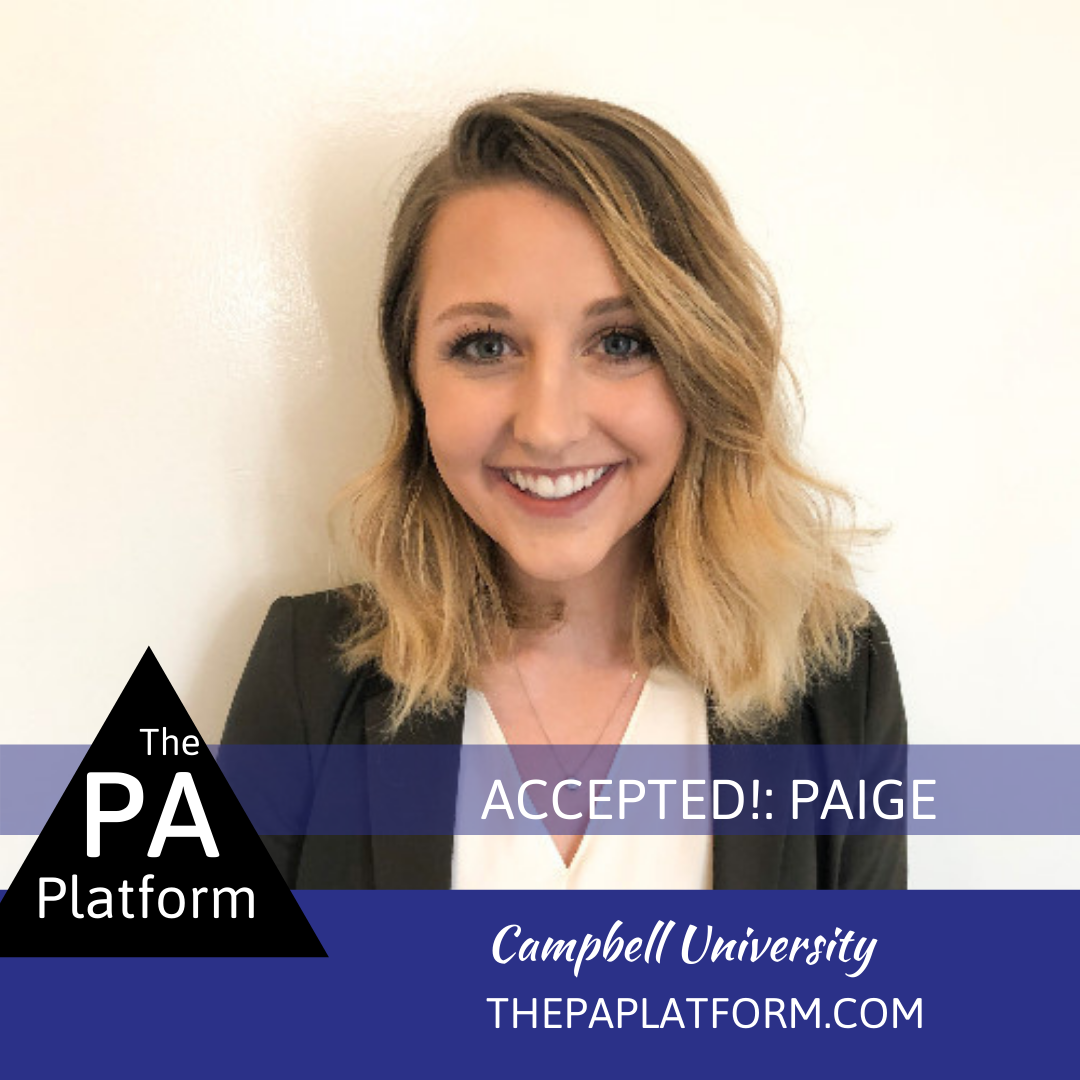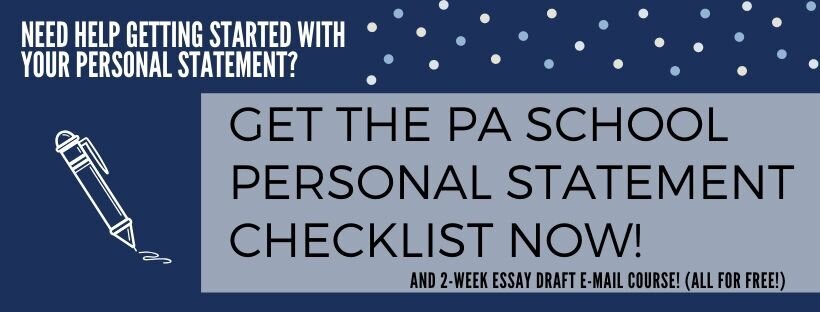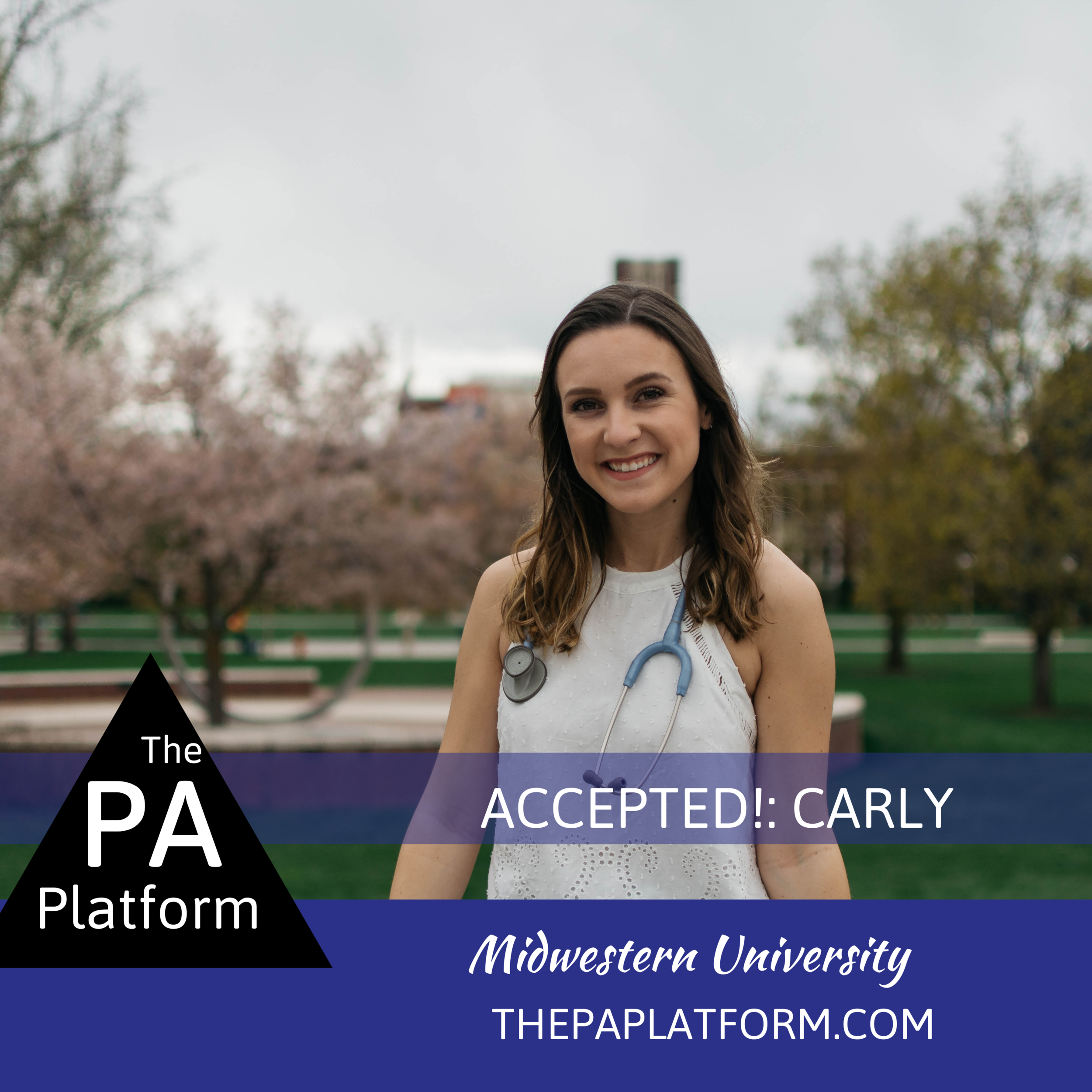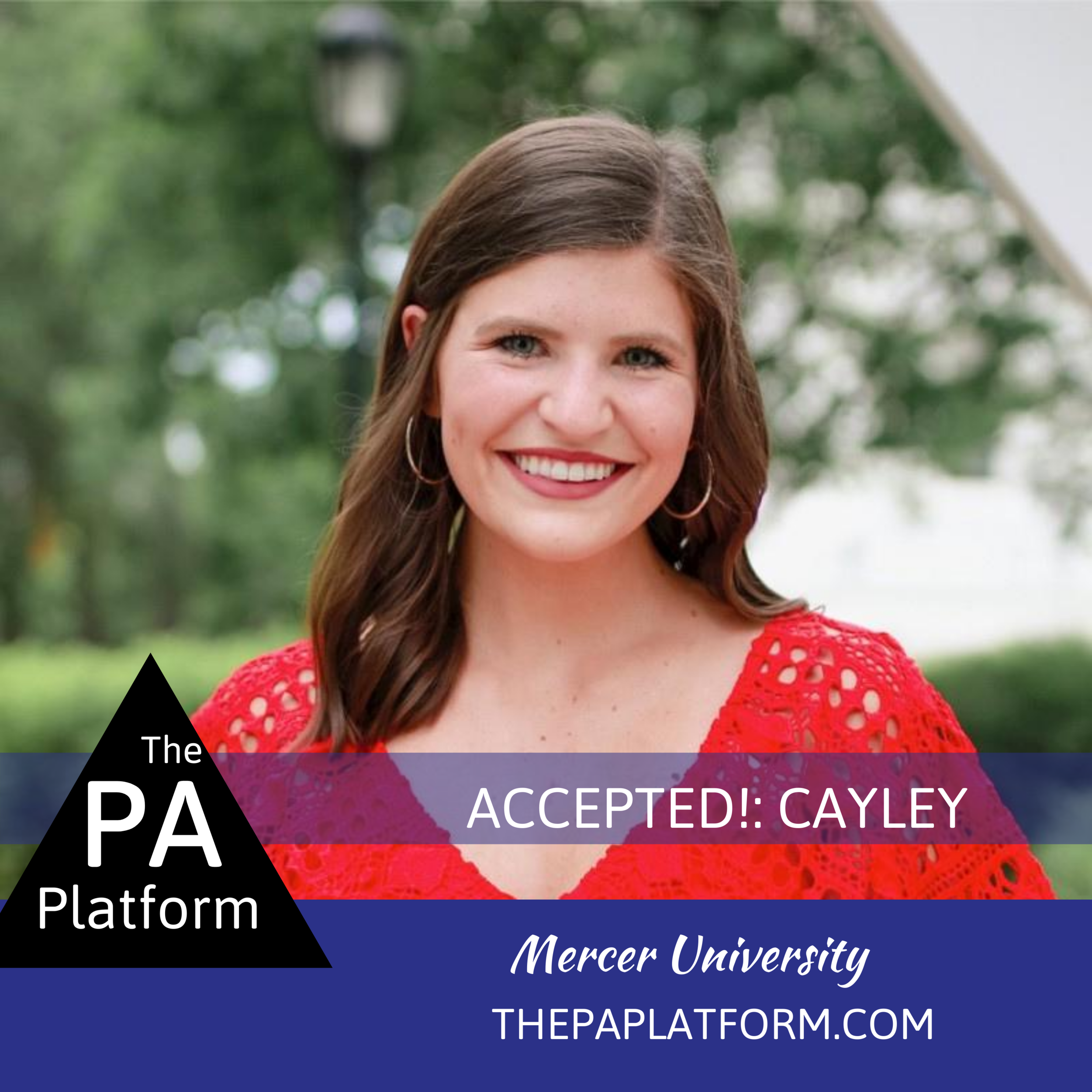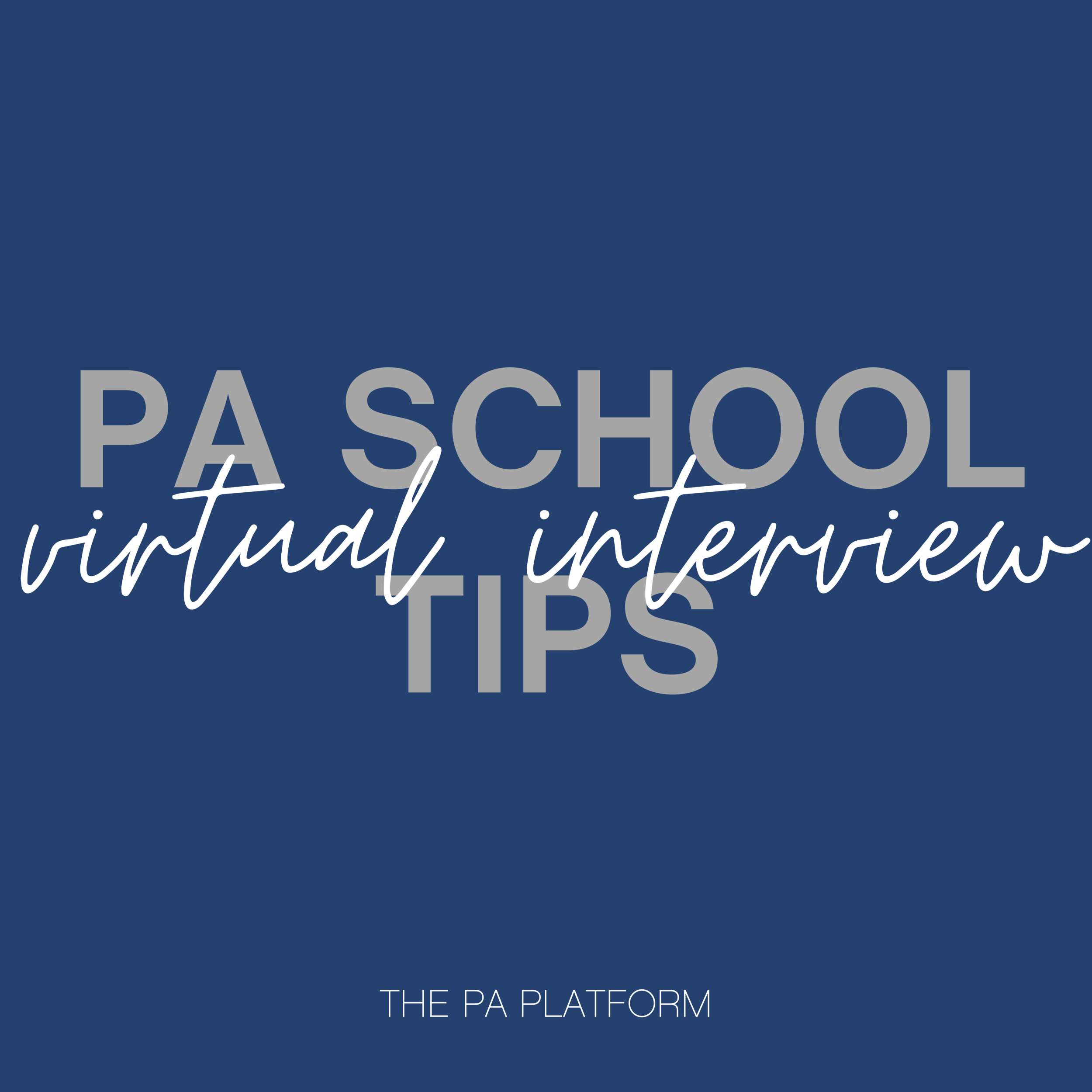Undergraduate education: BA Media and Communications at the University of New South Wales (Australia)
Overall GPA: 2.96 (last 60 credits: 3.60)
Science GPA: 3.39
GRE: 300
Total PCE hours: 11,000+ as a Medical Assistant/ X-ray Technician
Shadowing hours: 296 (from PA's in different fields: urgent care, primary care, neurology, women's health, and an MD)
Volunteer hours: 213
LORs: 2 PA's, 2 MD's, 1 Biology Professor
How many times did you apply?: 2
Age: 29
Gender: Female
How many programs did you apply to? 13
How many programs did you interview with and what were the outcomes? 1, accepted! - it only takes one! :)
Where will you be attending? University of Washington
Anything you found surprising about interviews? Surprisingly, they really just want to get to know you. The focus won't be on your stats, that only gets your foot in the door, it's about how your personality will fit the rest of the cohort, they look at you as a future student and colleague. The interviewers will thoroughly review your application so make sure you know it by heart and can answer questions based on your answers. I had a group interview which consisted of different interview panels, and the common theme with each panel is interviewers building upon your answers by asking follow up questions. It was more conversation like so as long as you're confident and know your application inside out it will be smooth sailing. The faculty is also aware of how stressful the day is for everyone so they tend to be more accommodating and comforting.
Were there any helpful resources (books, websites, apps, etc...) that you used to get through prerequisite courses, the application or the interview process? The PA Platform, Physician Assistant School Interview Guide, Physician Assistant Forum, beaphysicianassistant.com, thepalife.com, mock interview service with the PA Platform, Instagram of various PAs
Any other advice for other pre-PA students? Don't stress by comparing yourself to other pre-pa students. We all have our own journey that makes us unique and worthy to be a PA. I am not by any means a traditional PA applicant, at times that discouraged me but I kept on persevering. Never give up, there will be that one school that is a perfect match for your vision and goals as a future PA. Find your niche and make sure that shines, find something that will make you unforgettable, it doesn't even have to be medically related but anything that will make you stand out, it can be as simple as you make your own jewelry, or cook for your dog, anything that will make the interviewers remember you. It's already a given that we are passionate about this profession and this is the career for us so make sure you don't only focus on that aspect during the interviews or even while writing your personal statement. Make your personality shine!
Where can we find you? Instagram: @vs22mix


